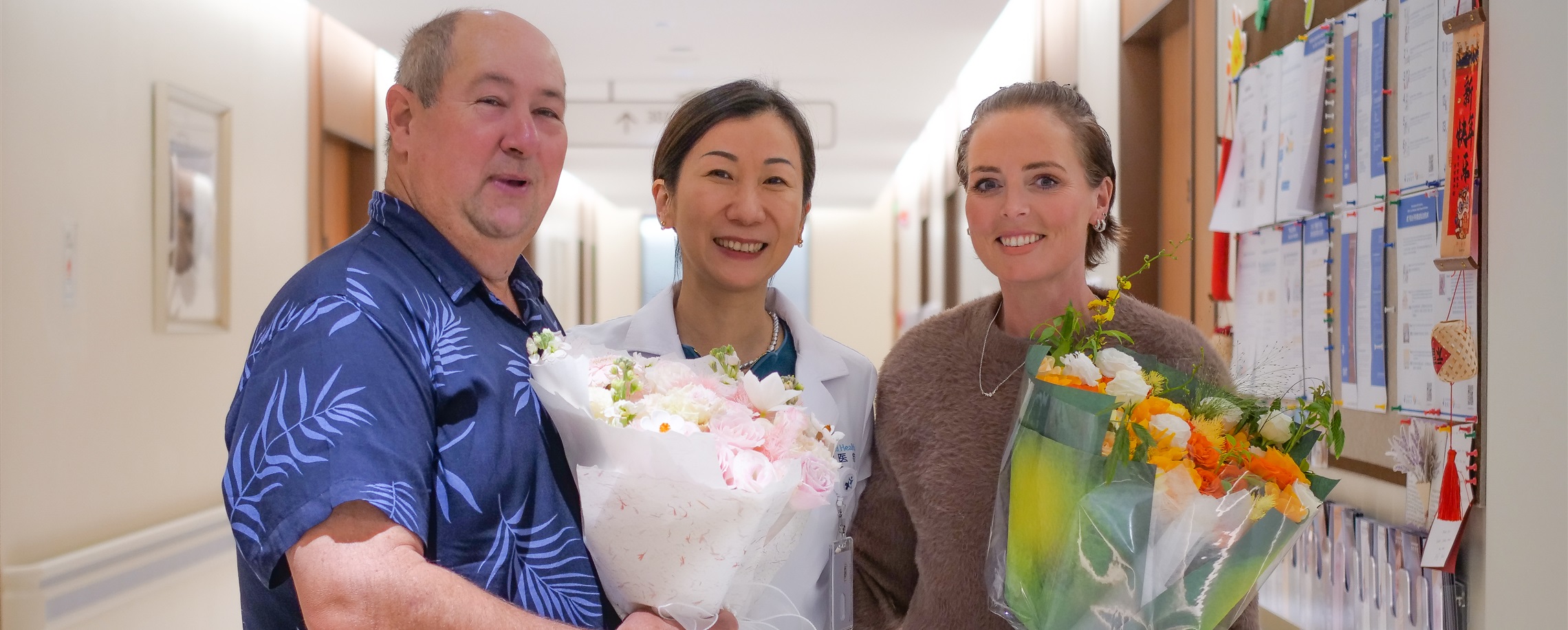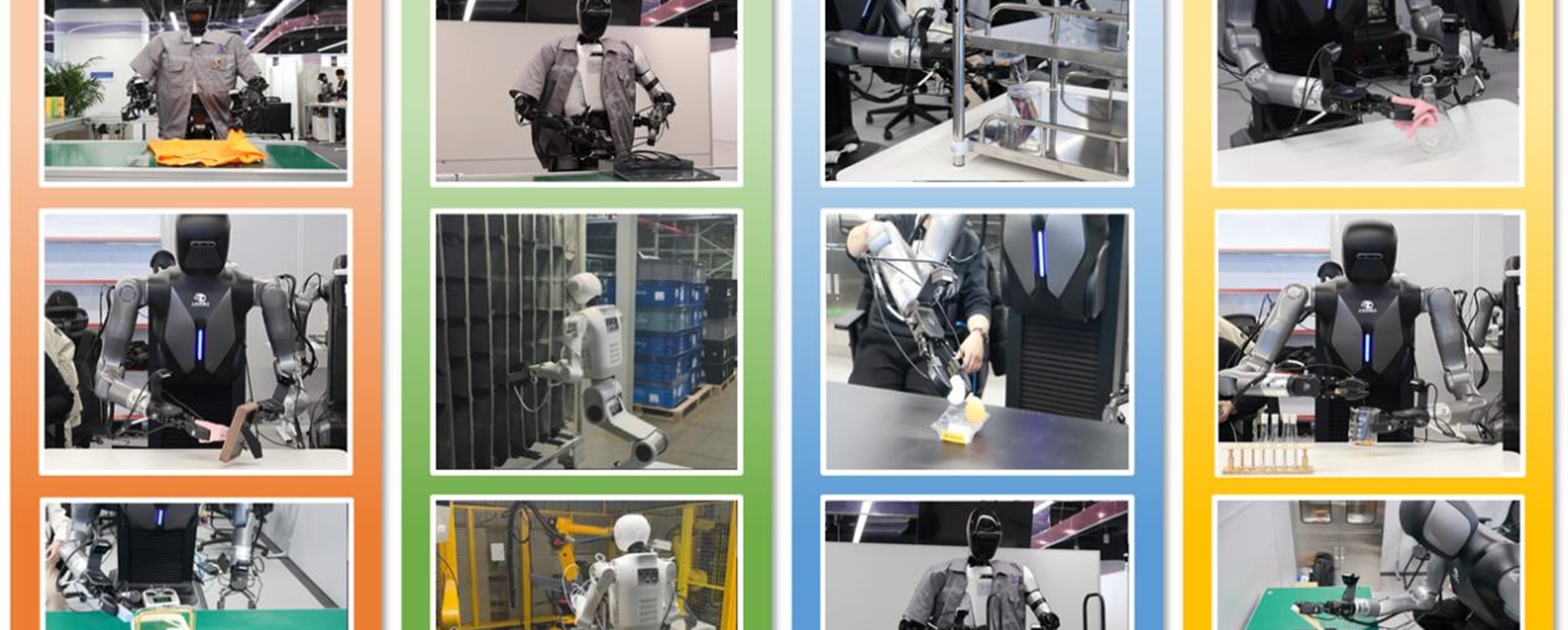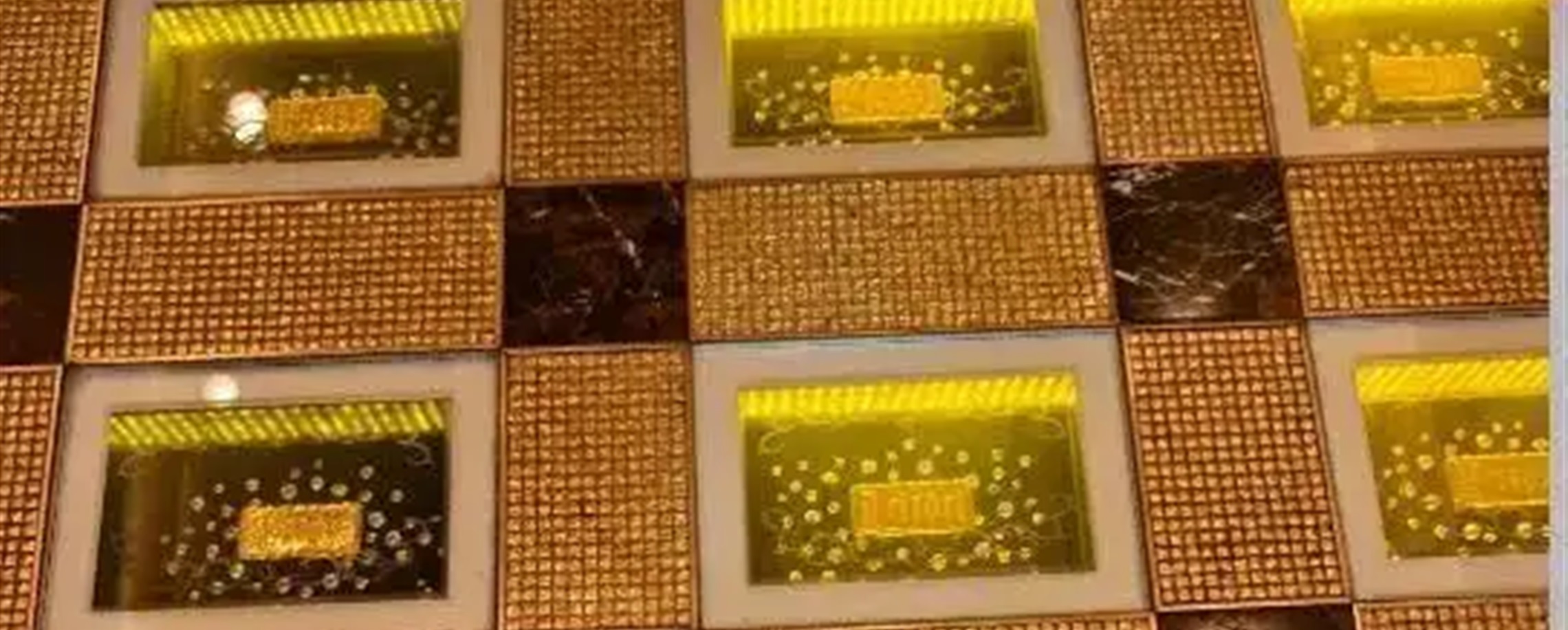Innovative treatment developed in China saves 4-year-old
A 4-year-old Pakistani girl with a serious blood disorder – thalassemia – has been cured by a China-developed innovative gene-editing technology, doctors at the Children's Hospital of Fudan University said on Tuesday.
She is the first international child patient to benefit from phase 1 of the clinical trial of the technology, with phase-II expected to begin later this year or early next, doctors said.

The trial of the new treatment – CS-101 – was launched by Dr Zhai Xiaowen's team at the hospital and Shanghai-based CorrectSequence Therapeutics Co Ltd in 2023.
CS-101 uses innovative transformer Base Editing (tBE) technology to help people with severe diseases such as transfusion-dependent thalassemia.
The hospital has cured four children so far with CS-101, the other three were Chinese. The hospital is the only facility responsible for child patients in the clinical trial, while other hospitals taking part treat adults.
The girl's father, a physicist, expressed his gratitude and said he had researched the treatment in detail and had chosen the children's hospital in Shanghai after online consultation and an on-site visit.
"Thanks from the core of our heart," Muhammad Adeel said. "My daughter gets a new life."
Gene therapy for thalassemia
Thalassemia is an inherited blood disorder that affects the ability to produce hemoglobin and healthy red blood cells. It can cause anemia-like symptoms that range from mild to severe. Patients with a serious form of it need regular blood transfusions. Serious thalassemia is included in China's rare disease list.
According to the World Health Organization, 7 percent of the world's population are carriers of mutated genes of thalassemia. Some 300,000 to 400,000 patients are diagnosed around the world each year.
In China, there are 30 million carriers and about 300,000 patients in a serious condition. Most of them live in the southern part of the country.
Genetic treatment brings new hope to thalassemia patients. The CS-101 treatment was developed based on an innovative method which collects a patient's stem cells for precise gene editing to simulate naturally beneficial mutations to reactivate a certain protein to restore the function of hemoglobin. After the edited stem cells are transfused back into the patient's body, he or she can regain a healthy hemoglobin level and no longer needs blood transfusions.
The Pakistani child suffered from a serious form of the disorder and required regular blood transfusions to prevent complications that could have proved fatal.
She was hospitalized on January 8 and her stem cells collected a week later. After the edited stem cells were reintroduced via transfusion, hemoglobin levels returned to normal and doctors were able to announce the success of her treatment.
To contact the hospital for international medical services
The hospital's international medical consultation service is available on 180-1759-0044 or 6493-2953.
E-mail: SHICHvip@163.com
In Case You Missed It...








